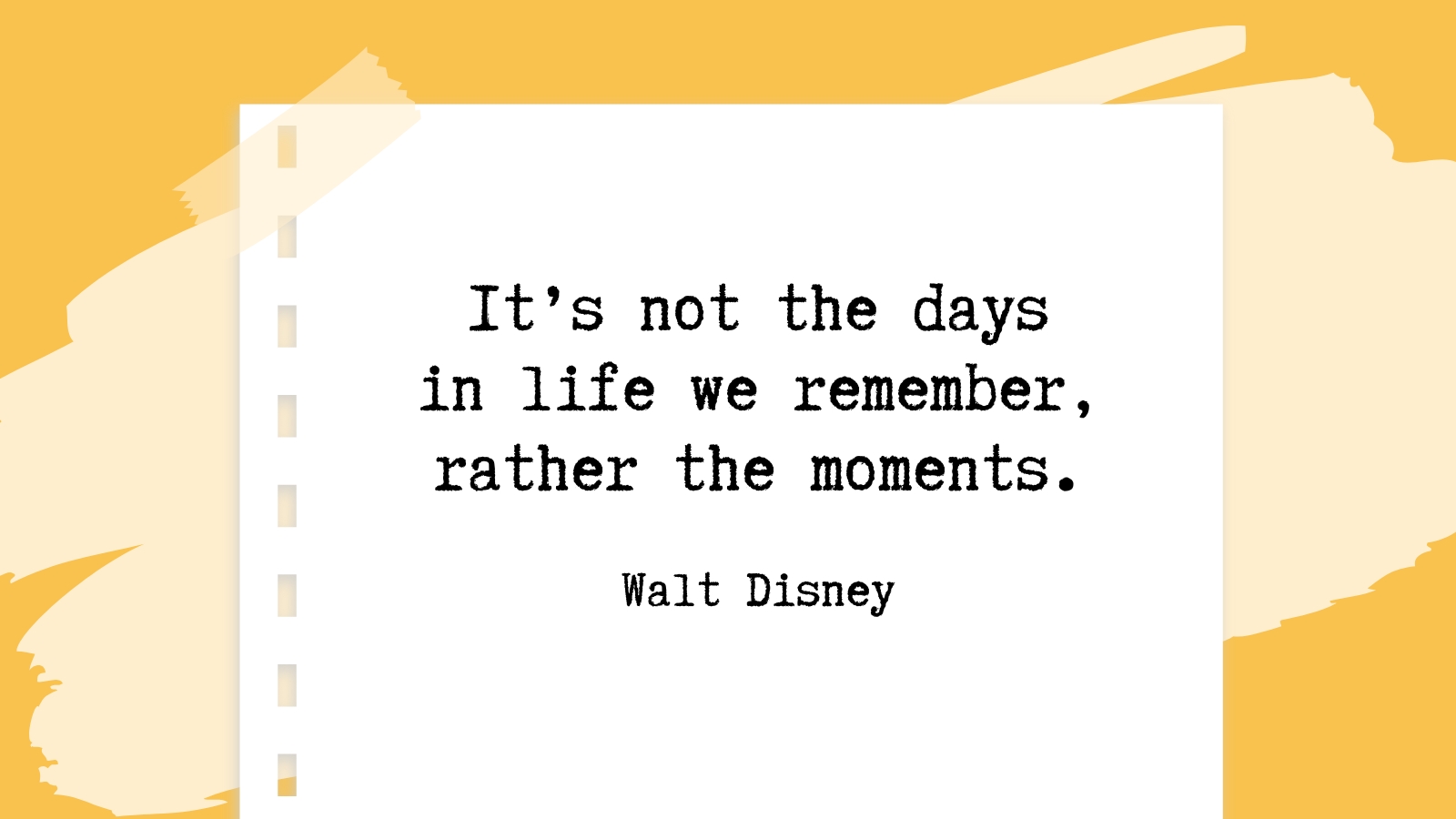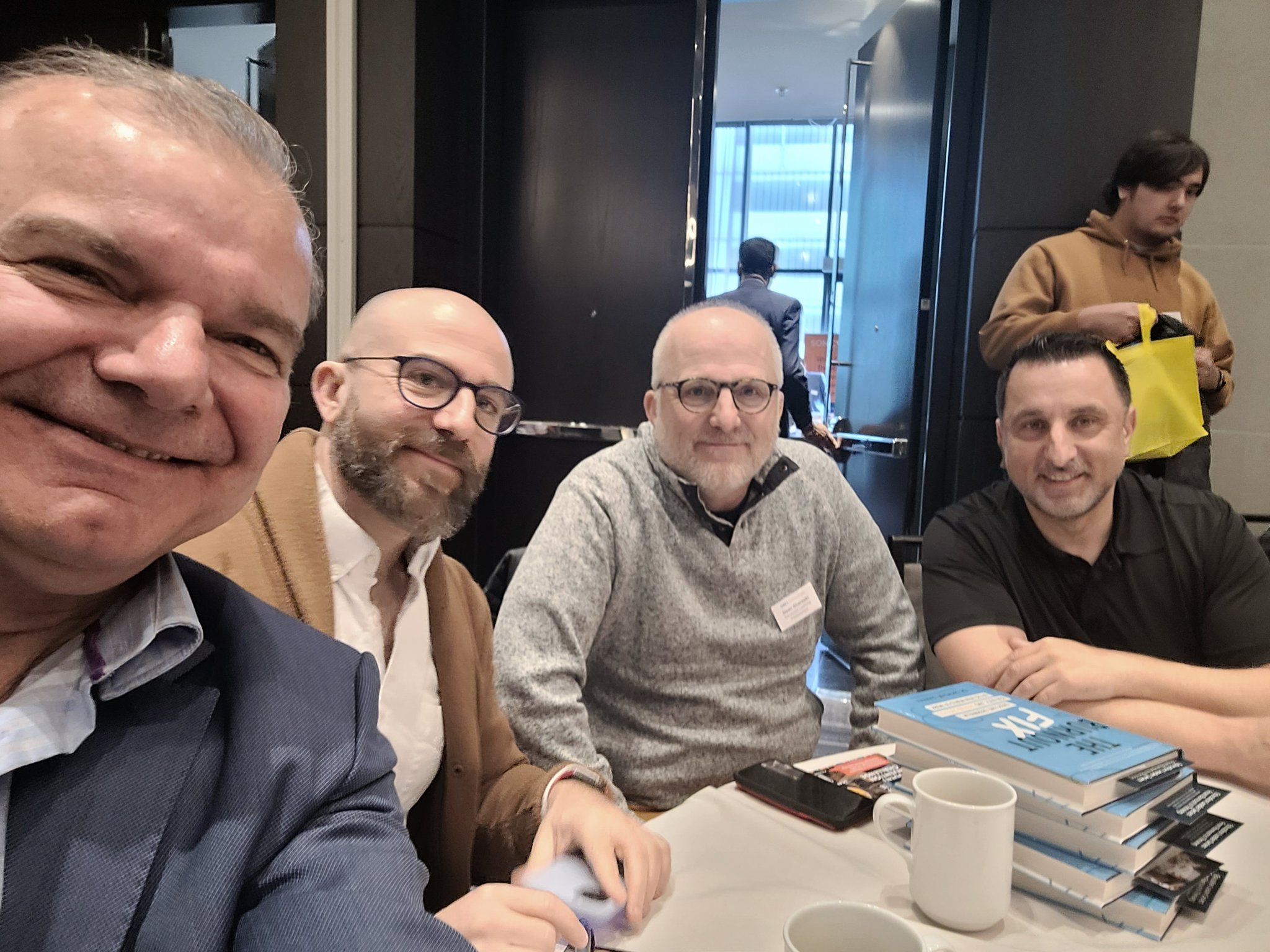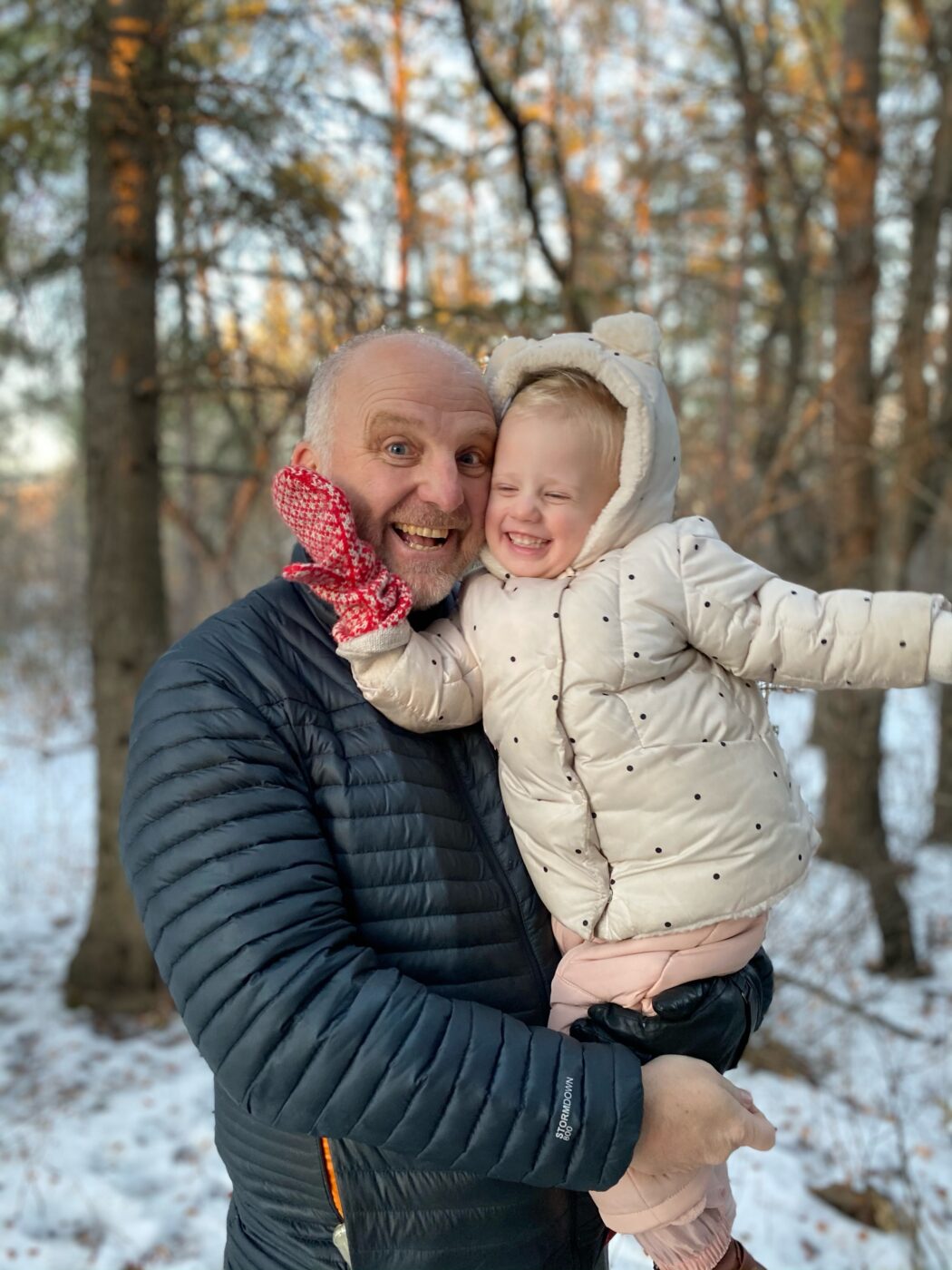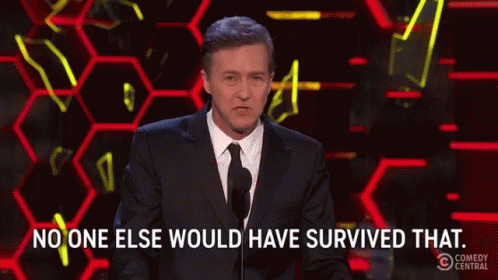I recall vividly the first few years of teaching and attending retirement events for my colleagues. As a small district of 15 or so schools, they held these events altogether. I remember hearing tributes and watching skits of people I either only knew from that year or other teachers I never worked with or heard of. I recall laughing along with inside jokes I didn’t really get. I teared up as a younger teacher shared how much they appreciated the mentorship of their colleague. A could clearly feel a sense of community among these veteran teachers. I was looking forward to continuing my journey to belong. Seeing them be celebrated and honoured for their work made me proud and excited to be a teacher. To think that one day I might be honoured and would be carrying with me so many memories of times with staff and students seemed to be a nice way to spend a life.

As our district amalgamated and times changed, these large celebrations and gatherings dissipated. Many teachers opted out of being celebrated in this way. It seemed like a lot of work and effort to put on these events.
Today I see many of my contemporaries retiring but not many are being honored in this same way. Some choosing not to have any kind of limelight thrust upon them and other places just determine it’s too much fuss. However, a simple gesture like including cookies in packages sent to retirees can go a long way in expressing gratitude and celebrating their contributions.
As I think about the future of the profession, encouraging young people and young teachers to see this as a lovely way to spend a life seems to be an important consideration and ritual. I realize that many are exhausted and are choosing to retire in less-than-ideal circumstances. Still, I think we could do better. Celebrating the end of one’s career is not just about that person, although that ought to be enough. It’s about holding up the profession, the time we spend together as something beautiful and honourable. But really, it’s a lot of work and given the busyness of our lives, many decide it’s just not worth it. It makes me think of this quote:
“Beware the soul-sucking force of reasonableness”
Chip Heath, The Power of Moments: Why Certain Moments Have Extraordinary Impact
It’s reasonable to assume folks are busy in June. It’s reasonable to think many people don’t want to be made a fuss over. It’s reasonable to assume some people are leaving on a sour note. It’s reasonable to keep it simple, no skits, funny stories or tributes, just a handshake and a gift. But this lack of effort seems to forget that most of these folks have invested a large chunk of their lives serving countless students, experiencing many highs and lows, and making a difference in the lives of their colleagues, their students and the communities they serve. Teaching is hard with not all that many rewards and recognitions compared to many other professions. The least we could do is make celebrating a life’s work something that is baked into the culture of a school and school district. Be a little extravagant and make celebrate. Do it for the retiree, do it for you and do it for those trying to decide if they want to spend their life in this work.
For inspiration:



